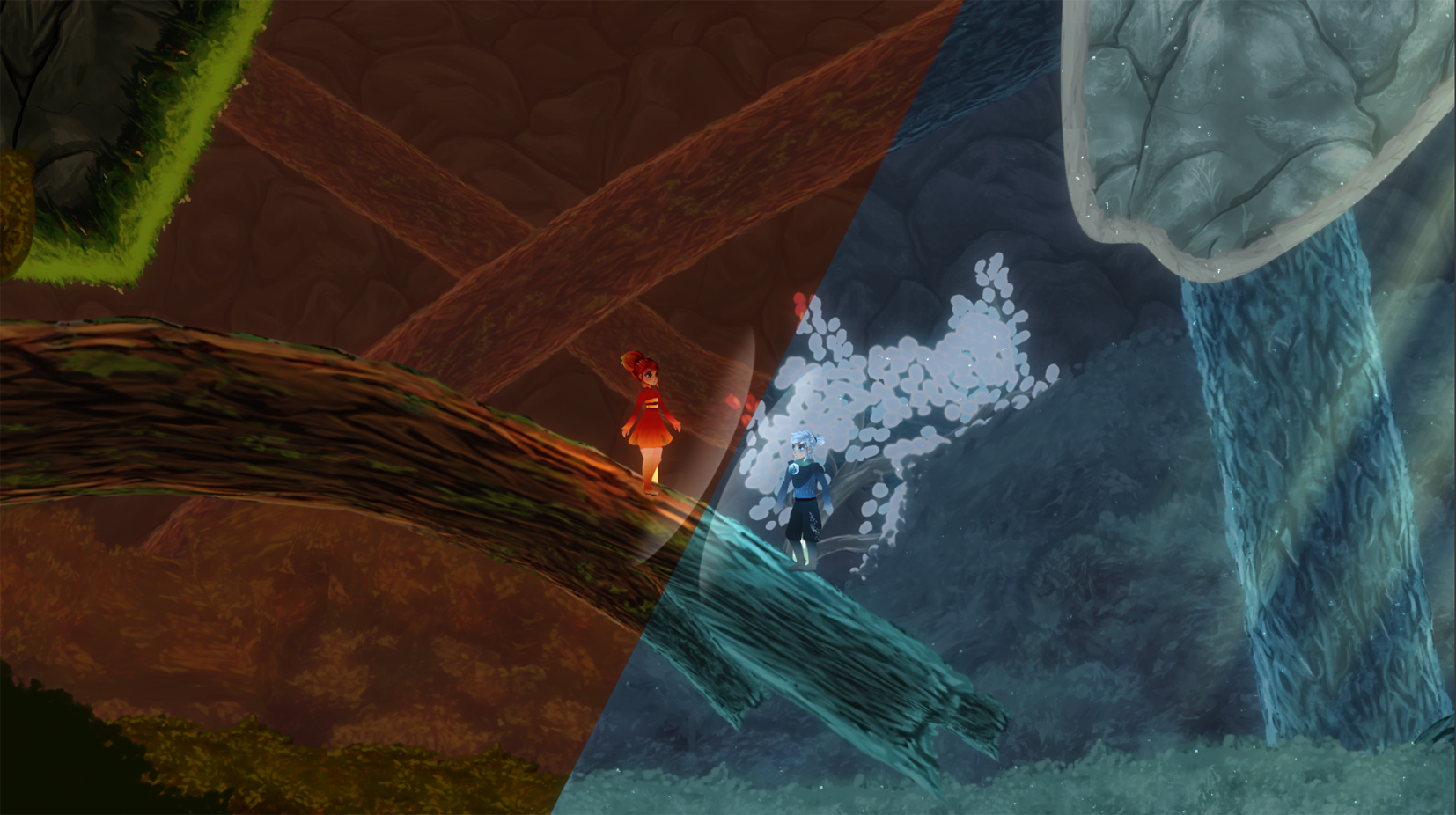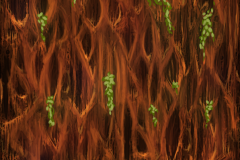I’ve read and heard from many sources that starting a blog post with a definition or a quote from places like Wikipedia is a bad practice. I really don’t understand why, especially when the post is about something not everybody knows the meaning of. Because of this reason, and in addition to the fact that we shouldn’t take most of internet blogs that seriously, I’m going to quote Wikipedia, regarding what “crunch” is:
“Crunch time” is the point at which the team is thought to be failing to achieve milestones needed to launch a game on schedule. The complexity of work flow and the intangibles of artistic and aesthetic demands in video-game creation create difficulty in predicting milestones.
(…)
The protest against crunch time was posted by Erin Hoffman (fiancee of Electronic Arts developer Leander Hasty), who contended that her life was being indirectly destroyed by the company’s work policy. (…) As senior game developers age and family responsibilities become more important, many companies are moderating the worst crunch-time practices to attract better-quality staff.
My personal experience in the video-game industry is not very extensive, so maybe you could consider my opinion inaccurate, but I think that this thought around what “crunch” means is pretty aggressive. I can understand that big companies may be a bit more pushing to their workers, and more strict deadlines may put them on the ropes harder than small studios like us, which might be the cause for that negative meaning.
In our case, we are going to crunch for the next few weeks, but we are happy to do it. The definition from our side may differ a bit from the one Wikipedia mentions, but the essence is comparable.
We don’t do it because of deadlines, though. We are not failing to achieve a milestone (yet). Although it is very true that predicting milestones in the game industry is like planning your life 5 months onward. It’s a very nice exercise, but don’t expect things to be the way you wrote down.
Do you know what happens when a car gets stuck into the sand at the beach? It doesn’t matter how hard you step on the gas pedal, the car will not move at all, and even worse, the sand spreads, creating a hole that makes it even more difficult to escape. I am from Valencia, in Spain, and I’ve seen that many, many times. The solution is to get out of the car and push together from behind, using a bit of extra, synchronized, combined strength. Once the car is out of the excess of sand, it can go back to its path and continue the journey normally and happily.
We are going to spend some time putting quite a lot of extra effort, while having a clean and focused mind, combine our forces and make a great push to remove the excess of sand that would get us stuck. Better safe than sorry. This crunch is going to help us gain a lot of momentum to progress on the game and have it finished with the quality and love we always wished. We will work, eat pizza, and sleep over the pizza boxes for some days. It’s going to be awesome!
The bad news is that the blog will take a break for a few weeks, hopefully not more than three. We need to be 100% focused on the game and absolutely nothing else.
The good news is that the game is so far being molded the way we totally want, exceeding or standards (which for some of us are very high) , and we are looking forward to have you guys play it. We know you are going to love it.
See you soon!

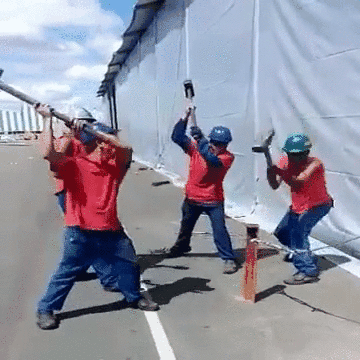

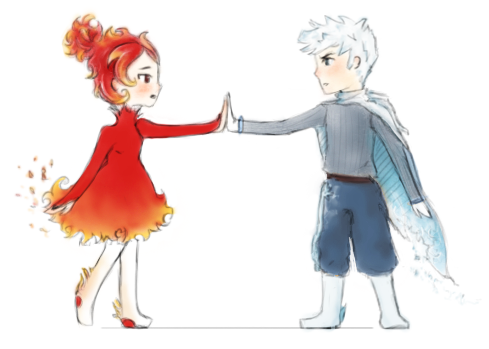
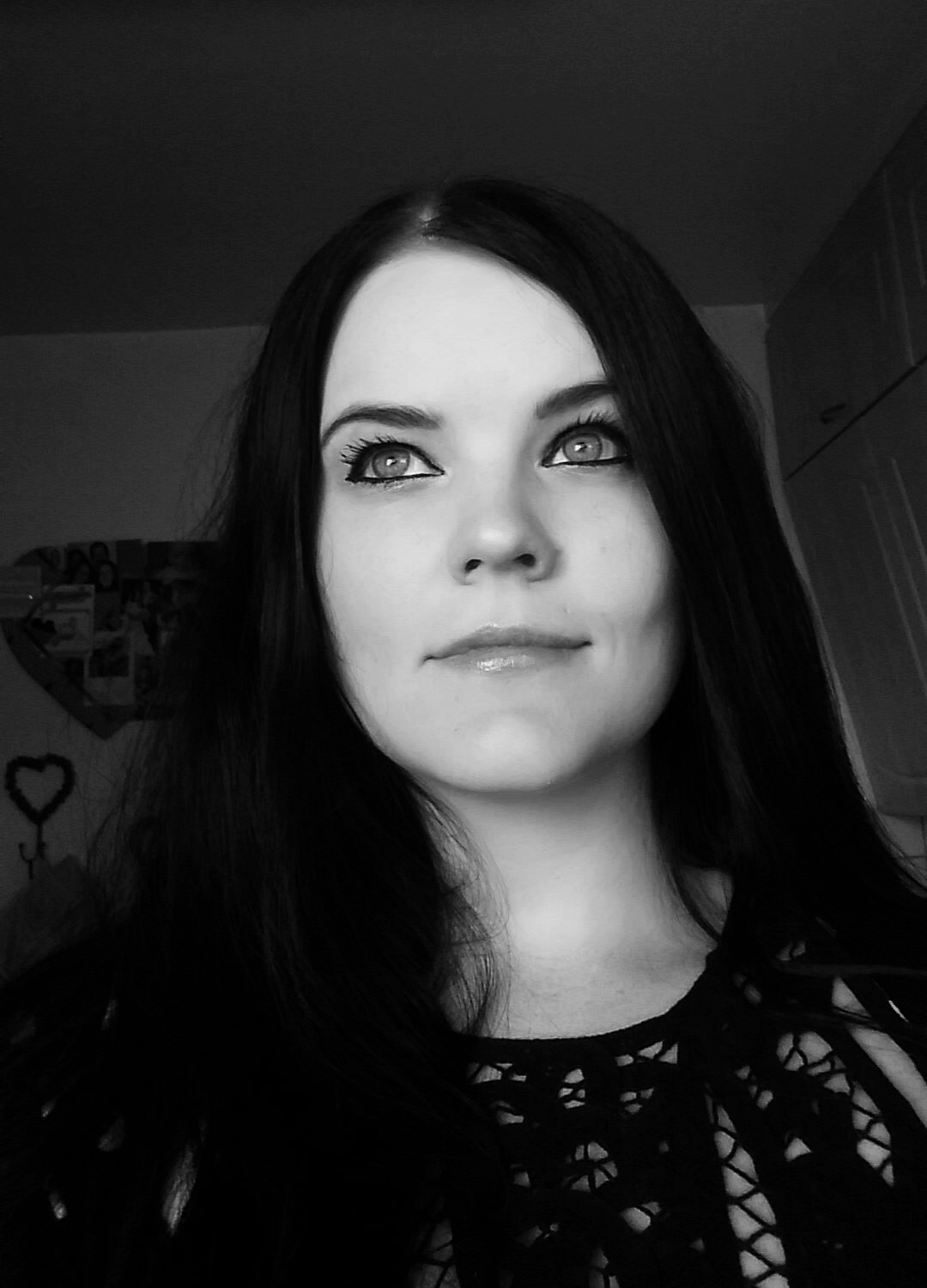 Tell us who you are and what do you do on the team.
Tell us who you are and what do you do on the team.